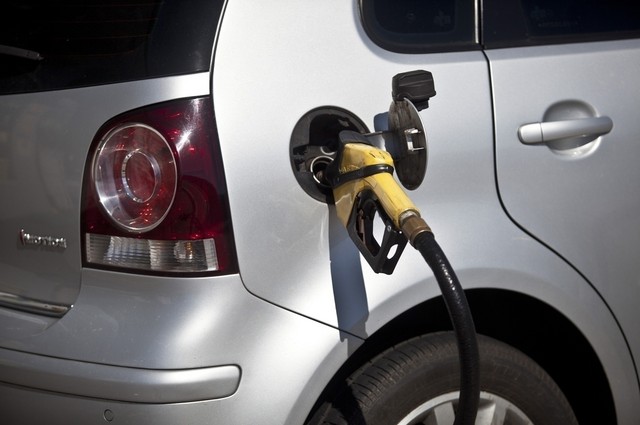Independent Petroleum Marketers Association of Nigeria (IPMAN) has blamed the Nigerian National Petroleum Company Limited (NNPCL) for the worsening crisis in the oil industry.
Contrary to NNPCL’s claim of having enough Premium Motor Spirit (PMS), popularly called petrol to make the country get out of the current fuel crisis rocking the nation, the oil marketers said the national petroleum company has been short-supplying depots and in turn starving retailers of the product.
According to the oil marketers, filling stations across the country still experience lack of product because their efforts to get fuel at depots proved abortive owing to very low supply.
NNPC had recently disclosed it had over one billion litres of PMS, enough to go around the nation’s retailing outlets in order to tackle the scarcity and hike in price of fuel.
The Group Chief Executive Officer of NNPC, Mele Kyari, had said that it had 831 million litres in marine cargo, loaded in shuttle vessels.
He said there is up to 738 million litres of fuel that are documented on the platform of the regulator of the industry, which is the Nigerian Mainstream and Downstream Petroleum Regulatory Authority (NMDPRA), adding that the company had enough products to supply to tye country.
Also, the NMDPRA had recently noted that the NNPC had PMS sufficiency of over 1.6 billion litres as of January 26, 2023 both on land and marine.
But, faulting the claim of NNPC and NMDPRA on the availability of surplus PMS in the country, IPMAN National President, Debo Ahmed, said there has been supply shortage by the door PMS importer, stressing that fuel scarcity and crisis have worsened because of it.
Ahmed noted that the products are not available at filing stations because the oil marketers couldn’t get any from the depots.
He said in Lagos, Calabar, Port Harcourt and other cities that have depots have not been having the commodity because they didn’t get supply from NNPC.
According to him, a lot of trucks have been at depots including Pinnacle in Lagos without loading furl because the depots told them there is no fuel.
IPMAN President said it was not true that NNPC has the over one billion litres of petrol it claimed, saying such announcement was not new.
Assuming that petrol is available as claimed by NNPC, Ahmed said a good number of depots would have got fuel at the depots they had visited.
Before now, he said that the nation’s petroleum company would ask oil marketers to approach any depots for the product but currently, it has limited it to a few depots and efforts of getting this product from the scanty depots have failed.
For instance, he said there are many depots in Lagos where one can put products and marketers will access it without hassle, but it’s only one that is having petrol as the depot had exhausted its petrol.
Ahmed also said it’s only one depot that is operating in Port Harcourt, as against what was obtainable where NNPC would distribute products to multiple depots across the country for easy supply.
He urged the federal government through NNPC to ensure that it distributes the products it claimed is available to more depots in order for it to get to the retailers.
While lamenting that oil marketers had already pumped a lot of money in the system, Ahmed said there are no products.
Speaking in the same vein, the Deputy National President, IPMAN, Zarma Mustapha, said marketers had yet to feel an improvement in PMS supply because if it has improved, oil marketers would have been accessing the products easily.
He said he wasn’t doubting the volume and the stock NNPC have, but noted that marketers had been facing challenges getting the products at depots.

 Naira4 weeks ago
Naira4 weeks ago
 Naira4 weeks ago
Naira4 weeks ago
 Travel3 weeks ago
Travel3 weeks ago
 Jobs4 weeks ago
Jobs4 weeks ago
 Naira3 weeks ago
Naira3 weeks ago
 Naira3 weeks ago
Naira3 weeks ago
 Investment4 weeks ago
Investment4 weeks ago
 Travel4 weeks ago
Travel4 weeks ago
























